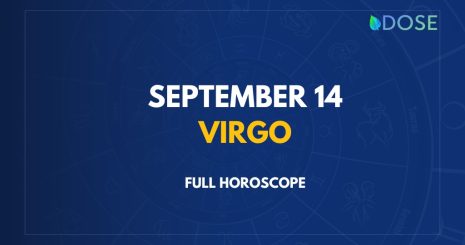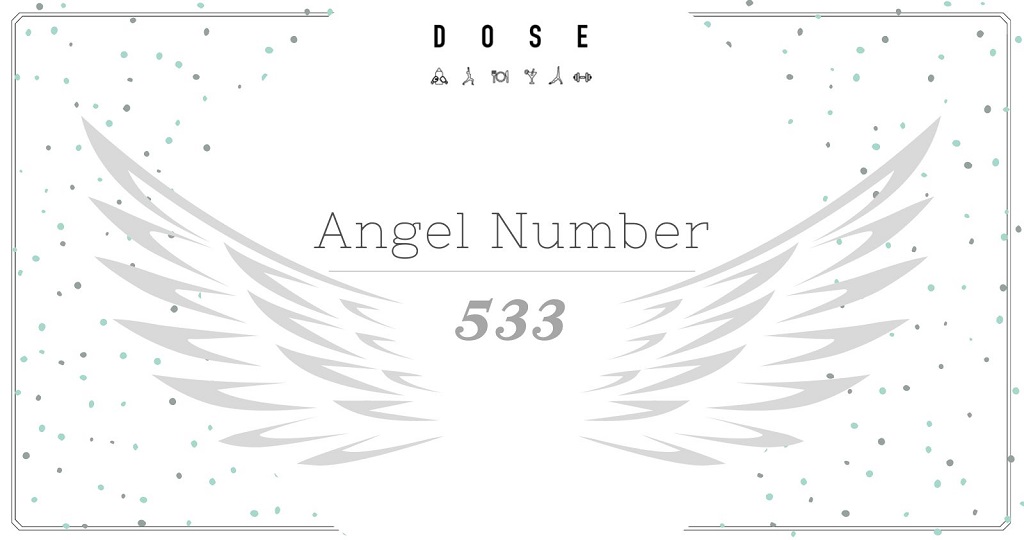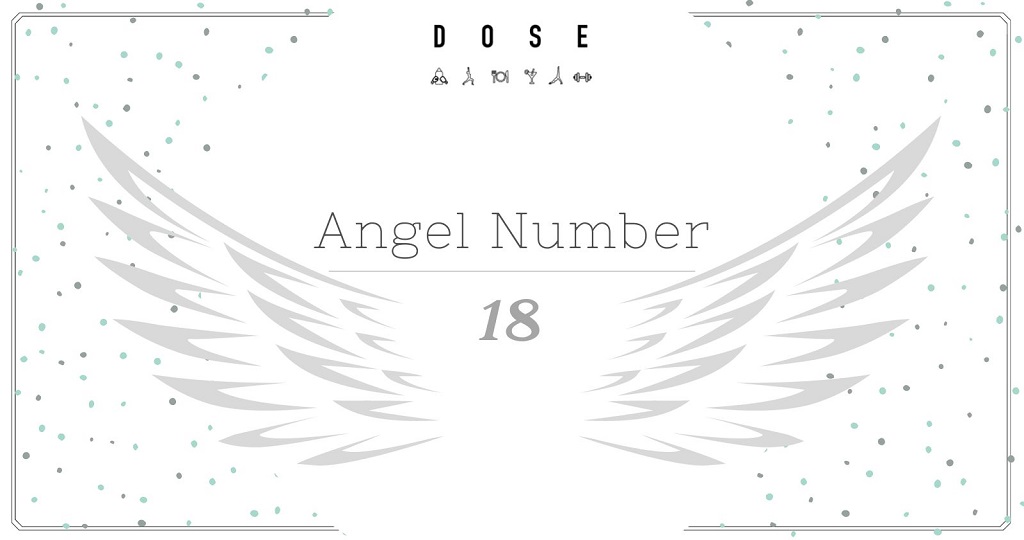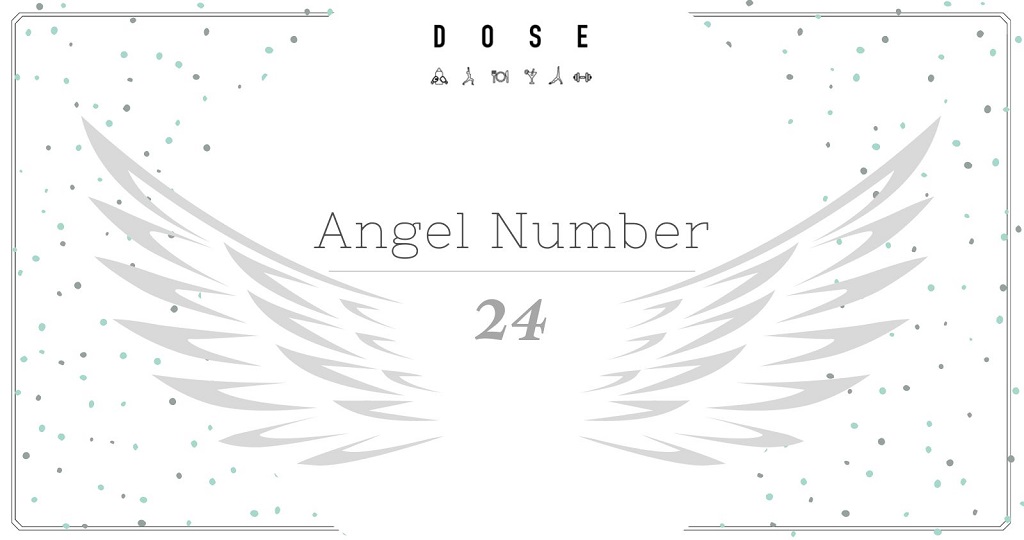Iboga Ceremony is a traditional spiritual practice that has been used for centuries by indigenous cultures in Africa. It involves the consumption of the root bark of the iboga plant, which contains the psychoactive compound ibogaine. This ceremony is known for its powerful effects on physical, psychological, and spiritual levels, leading to profound transformations and healing experiences for participants.
The Origins of Iboga Ceremony
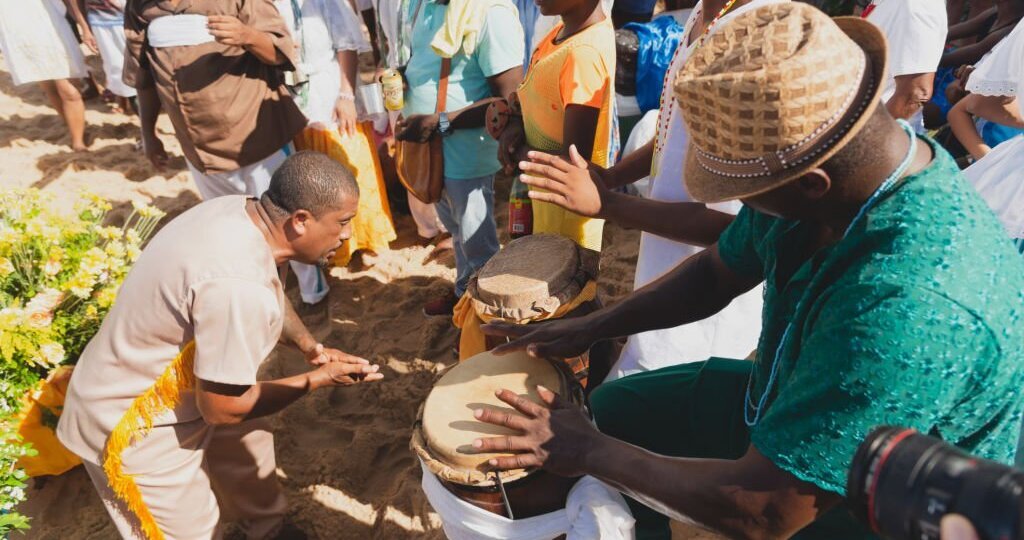
The use of iboga in spiritual and medicinal contexts can be traced back to the Bwiti religious tradition in Gabon. The Bwiti are a community of indigenous peoples who have preserved their cultural practices and beliefs over time, including the use of iboga as a sacrament for initiation, healing, and spiritual growth.
The Bwiti believe that iboga is a gift from the spirits, a sacred plant that has been entrusted to them for the benefit of humanity. They consider it a powerful tool for personal and collective transformation, a means of accessing higher states of consciousness and connecting with the divine.
Traditional Use in African Cultures
For the Bwiti and other African cultures, iboga has profound religious and spiritual significance. It is considered a powerful ally in facilitating communication with spirits, ancestors, and deities. It can also be used for divination purposes and to facilitate healing from physical or psychological ailments.
The Bwiti use iboga in a variety of contexts, including initiation ceremonies, healing rituals, and communal gatherings. During an initiation ceremony, a person is given a large dose of iboga and guided through a series of experiences that are designed to help them confront their fears, overcome their limitations, and discover their true purpose in life.
Spiritual Significance of Iboga
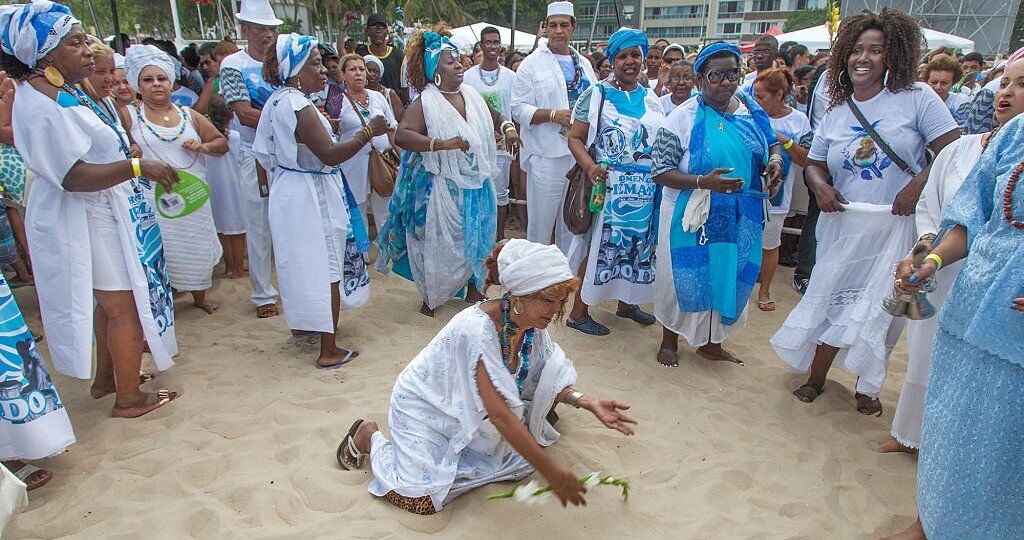
Iboga is perceived as a spiritual teacher and guide, known for its ability to reveal hidden truths and insights about oneself and the world. Its effects can be compared to a journey or a vision quest, exposing one’s deepest fears, desires, and motivations.
Many people who have experienced iboga describe it as a life-changing event, one that has helped them to overcome addiction, depression, anxiety, and other challenges. They report feeling a sense of clarity, purpose, and connection to something greater than themselves.
The Spread of Iboga Ceremony to the Western World
In recent times, iboga ceremony has gained popularity in the Western world, where it is used for personal growth, healing, and addiction recovery. The spread of iboga ceremony has brought both opportunities and challenges, as the traditional cultural context has been transformed by new social and legal conditions.
Some Westerners have embraced iboga as a means of exploring their own spirituality and inner world, while others have sought it out as a last resort for treating addiction or other conditions that have not responded to conventional treatments. However, the use of iboga outside of its traditional cultural context has also raised concerns about safety, as iboga can be a potent and potentially dangerous substance if not used properly.
Despite these challenges, many people continue to be drawn to iboga for its transformative potential and its ability to help them connect with something greater than themselves. As the use of iboga continues to spread around the world, it is likely that we will continue to learn more about its many benefits and challenges, and how best to use it in a way that honors its traditional roots while also adapting to new cultural and social contexts.
The Process of an Iboga Ceremony
The iboga ceremony involves a complex ritual structure, which can vary depending on the cultural context and the intentions of the participants. It typically lasts for several days, during which the participants drink iboga tea and are guided by a shaman or facilitator. However, the iboga ceremony is more than just a simple tea-drinking ritual. It is a profound and transformative experience that can provide deep insights into one’s life and purpose.
Preparing for the Ceremony
Before the ceremony, participants are advised to follow a specific diet and avoid certain substances such as alcohol or stimulants.
- This is to ensure that the body is in the best possible condition to receive the iboga medicine. The diet typically includes foods that are light and easily digestible, such as fruits and vegetables.
- Participants are also advised to avoid sexual activity and excessive physical exertion in the days leading up to the ceremony. This is to conserve energy and prepare the mind and body for the journey ahead.
- In addition to physical preparation, participants are also encouraged to set intentions for the experience. This involves reflecting on what they hope to gain from the ceremony, and what issues or challenges they would like to address.
- Setting clear intentions can help to focus the mind and increase the effectiveness of the iboga medicine.
The Role of the Shaman or Facilitator
The shaman or facilitator plays a crucial role in creating a safe and supportive environment for the participants.
- They provide guidance, supervision, and assistance during the ceremony, and are skilled in interpreting the visions and experiences of the participants.
- They also hold the space for the ceremony, creating a sacred and respectful atmosphere that allows the iboga medicine to work its magic.
- During the ceremony, the shaman or facilitator may use various tools and techniques to support the participants. These may include singing, drumming, or chanting, as well as the use of specific herbs or other plant medicines.
- The shaman or facilitator may also offer individual support to participants who are struggling with difficult emotions or experiences.
The Stages of the Ceremony
The iboga ceremony typically consists of several stages, each with its own unique characteristics and challenges.
- The first stage is the ingestion of the iboga tea. This can be a challenging experience, as the taste of the tea is often bitter and unpleasant. However, the effects of the iboga medicine soon become apparent, as the body begins to relax and the mind becomes more receptive to the experience.
- The second stage is the onset of psychoactive effects. This can be a powerful and intense experience, as the iboga medicine begins to work on the mind and body. Participants may experience a range of physical and emotional sensations, including nausea, dizziness, and euphoria. They may also begin to see vivid visual images and experience profound insights into their life and purpose.
- The third stage is the visionary experience. This is often the most transformative and profound stage of the ceremony, as participants are taken on a journey through their subconscious mind. They may encounter powerful archetypal symbols, confront their deepest fears and desires, and gain a new perspective on their life and relationships. This stage can last for several hours or even days, depending on the dosage and individual response.
- The final stage is the integration and aftercare period. This is a crucial time for participants to reflect on their experience and assimilate the insights and changes into their daily life. Integration may involve journaling, meditation, or other practices that help to deepen the understanding and integration of the experience. Aftercare is also important to ensure physical and emotional safety, as well as to reduce potential risks and complications. Participants may be advised to rest, eat nourishing foods, and avoid stressful or triggering situations in the days following the ceremony.
The Benefits and Risks of Iboga Ceremony
The use of iboga in a ceremonious context can offer many benefits for personal growth, healing, and addiction recovery. However, there are also risks and challenges associated with this practice that need to be considered.
Potential Physical and Psychological Benefits
Iboga is known for its ability to alleviate physical pain, reduce symptoms of depression and anxiety, and treat addiction to substances such as opioids and alcohol. It can also facilitate spiritual growth and a sense of connection with oneself and the world.
Addressing Addiction and Trauma
Iboga ceremony has been used as a tool for addressing addiction and trauma, especially in the context of Western societies. It can provide a transformative experience that can help break patterns of self-destructive behavior and facilitate healing from past traumas.
Safety Concerns and Contraindications
Iboga is a powerful psychoactive substance that should be used with caution and under the supervision of a trained professional. It can have potential risks, such as cardiovascular problems, seizures, and psychological distress. It is not recommended for individuals with certain medical conditions or mental health disorders.
Legal Status and Ethical Considerations
Iboga is a controlled substance in many countries and is not legal in all jurisdictions. Its use raises important ethical questions, such as respecting the cultural heritage of the communities who have preserved it, and ensuring non-exploitative and respectful use of the plant and its derivatives.
Personal Experiences with Iboga Ceremony
Iboga ceremony has been described as a life-changing experience by many who have participated in it. Personal accounts indicate the transformative effects of iboga on a variety of levels, including physical, emotional, spiritual, and social.
First-Hand Accounts of Participants
Participants have reported experiencing visionary states, encountering entities or entities, and accessing hidden memories or insights. They also report feeling a sense of connection with the natural world, experiencing intense emotions such as fear, joy, and grief, and gaining a new perspective on their life and relationships.
The Role of Community and Support
Iboga ceremony is often practiced in a communal context, where participants can share their experiences and receive support from others. The role of community and social support is crucial in facilitating integration and reducing potential risks or adverse effects.
Transformative Effects and Personal Growth
Personal accounts of iboga ceremony often emphasize the transformative effects of this practice on a variety of levels, including physical, emotional, spiritual, and social. Participants report feeling a sense of empowerment, healing, and renewed purpose in life.
Conclusion
Iboga ceremony is a complex and powerful practice that has been used for centuries by African cultures. Its spread to the Western world has brought new opportunities and challenges, as well as a growing interest in its potential benefits for personal growth, healing, and addiction recovery. However, it is important to approach this practice with caution and respect for its cultural roots and potential risks. Ultimately, the decision to participate in an iboga ceremony should be informed by careful research, consultation with trained professionals, and understanding the potential benefits and risks involved.




